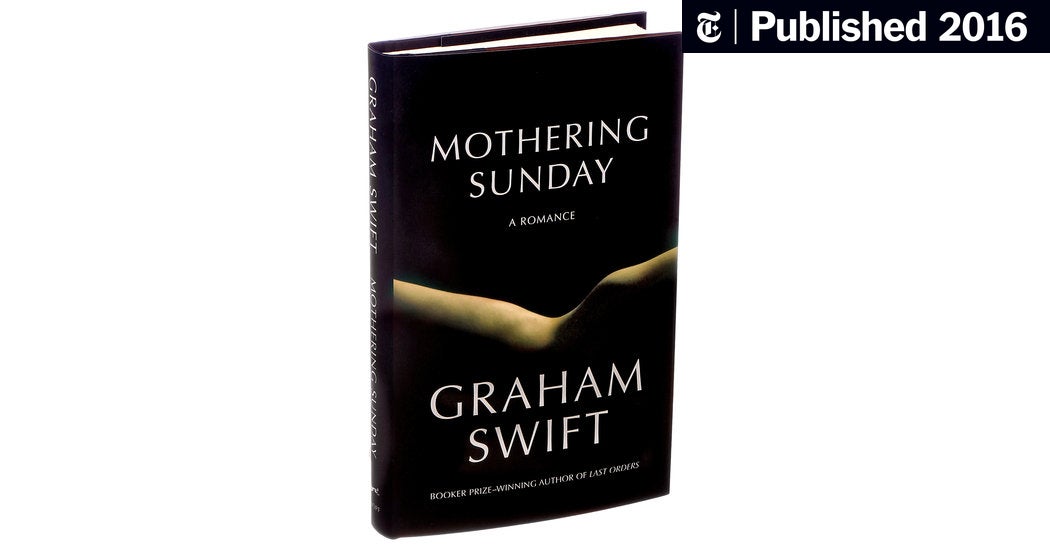Review: Graham Swift’s ‘Mothering Sunday,’ a Haunting Day Forever Relived
Mr. Swift’s novels have long had a bookish air about them: “Waterland” (1984) vibrated with echoes of Hardy, Melville and Sterne; “Last Orders” (1996) read like an English variation on Faulkner’s “As I Lay Dying”; and “The Light of Day” (2003) politely filched characters and plot points from Hammett and Chandler and countless noir movies.
In the case of “Mothering Sunday,” Mr. Swift makes little nods and bows to “Downton Abbey,” “Upstairs, Downstairs,” as well as Woolf’s “Mrs. Dalloway,” Kazuo Ishiguro’s “The Remains of the Day” and Ian McEwan’s “On Chesil Beach.” But “Sunday” wears such borrowings lightly. As a result, it feels less self-consciously literary than Mr. Swift’s earlier novels, and while it has a haunting, ceremonious pace, it also possesses a new emotional intensity. We are granted access to young Jane Fairchild’s mind, as she sees her lover, Paul Sheringham, for the last time before he leaves home to marry his wealthy fiancée, and we are given glimpses of Jane some six decades later, as her mind continually flits back to that long-ago day.
Because Jane’s farewell date with Paul occurs on “Mothering Sunday” (the fourth Sunday of Lent, when domestic servants were traditionally given the day off to visit their families) and his parents, too, are gone for the day, he invites Jane over to his house and to his bedroom — something, in the seven years she’s been secretly seeing him, that she scarcely dreamed might happen, so rigid is the class hierarchy that Mr. Swift depicts in 1920s England.
The couple spend the sunlit morning together in bed, and then Paul gets up to dress for a lunch date with Emma, the girl he is to marry in two weeks. Jane tries to memorize everything she sees in his room — the chair on which their clothes are strewn, the dressing table, the framed photographs of Paul’s two brothers who were killed in the war. She remembers Paul’s last words to her, the lack of a formal goodbye, and she scrolls back through their affair in her mind — their clandestine meetings in the fields, between the stables and greenhouse, her promotion from whore of sorts (he paid her for their first encounters) to “friend,” her ability to “out-clever” him and her inability, even decades later, to forget “her inner curtsy.”
Mr. Swift’s narrative is elliptical — we get only the faintest hint of how Jane actually embarked on her career as a writer or came to marry an Oxford-trained philosopher. But he shows us the seeds of her vocation: the observational gifts she developed as a housemaid; the freedom she felt, as an orphan, to invent an identity for herself; her love of books facilitated by her access to the library in the house where she worked.
Please, share this post on Tumblr !

